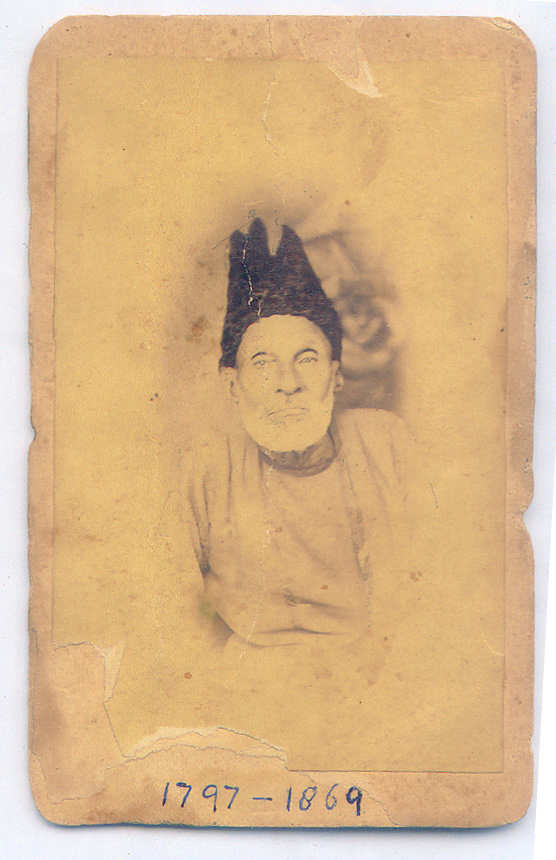FWP:
SETS == POETRY
What exactly is it to become 'point'-singing? Is Ghalib reminding us once again that the burst of praise in which he's just indulged, is of a particular nature, and unlike his usual ghazal style? Is he boasting about the 'special style', and inviting his friends to share his pleasure in it, or else challenging them to compete with him in it? After the elaborate segregation of the set of {234,9} to {234,12}-- a set of praise-verses which are introduced by {234,8}, then wrapped up by {234,13}-- it's plausible to think he was somehow alluding particularly to them. Perhaps part of the 'point' that Ghalib expects his friends to get is how badly he needs to obtain suitable rewards from a patron? (Along these lines, see his letters quoted in {234,9}.)
The way the mutually echoing saraa and .salaa are juxtaposed seems to call attention to the public, performative nature of the 'singing' or 'reciting' referred to in the verse. And perhaps this kind of performance is something rather new? The 'has become' can certainly be read as suggesting a change of state.
It's especially Ghalibian to issue a 'call' (invitation, or challenge, or proclamation) to the world in general [.salaa-e ((aam], and then suggest that it's really meant only for (a certain group of) his own friends-- those of his friends who are 'point'-knowers.
Well, we're now at the end of the ghazal part of the divan.
Traditionally no special ending was necessary, and it seems that Ghalib hasn't
entirely given us one. Unless we're expected to take the present verse as an overview
of the whole divan, and a boast about its excellence? Certainly the range
of meaning of nuktah gives us that possibility as well.

Nazm:
He challenges/invites everybody, that they too should adopt this special style of ghazal and praise [mad;h]. (267)
== Nazm page 267